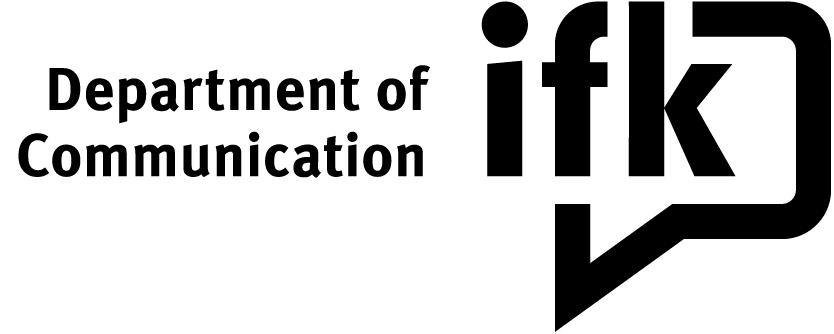Abstract
In light of recent crises, such as the Covid-19 pandemic and the Russian invasion of Ukraine, the investigation of online groups that disseminate conspiracy theories and oppose the social mainstream is of great importance. These movements range from harmless, esoteric groups to overtly anti-democratic movements that exploit social issues and adopt them into a collective ideology, with religion frequently serving as a basis for argumentation. The internet's networking capabilities facilitate these movements' recruitment and mobilization, as well as their interaction with the broader society. Religious elements often play a significant role, with differing and sometimes opposing ideologies being conflated.
This project aims to examine online networked ideological movements with religious overtones. Initially, a theoretical foundation will be established, and new ideological movements will be mapped empirically in order to explore the content dimensions of conspiracy theories and disinformation disseminated online, as well as associated recruitment and mobilization attempts, and the interconnections at the personal and content levels. The project will also require the methodological further development of established practices of text and network analysis.
Methods
This project seeks to theoretically and empirically investigate networked ideological online movements with religious overtones, and to analyze their heterogeneous groups and approaches for the German-speaking area in order to provide an overview of existing groupings and their discussions. The project has three main goals.
First, the interdisciplinary state of research will be reviewed, and the literature will be systematized to provide a theoretical foundation. For the theoretical consideration of the phenomenon, a multi-level perspective will be used, which considers the phenomenon as a specific type of public sphere within which social movements and communities are formed.
Second, the empirical exploration and analysis of new religious-ideological groups on the internet will take place in terms of both structure and content. After examining shared content by these groups for parallels, the resulting standard sets of communicative elements and structures will be summarized, described, and finally deconstructed in their logic.
Third, the methodological goals include the development and refinement of empirical methods for analyzing such groups based on the spectrum of computational methods in communication science and related disciplines. The possibilities of automated access to social media platforms, forums, blogs, and messengers will be explored across platforms. The migration of actors between different platforms requires adapted measurements, potentially across platforms, and an adjustment over time will be necessary. Additionally, natural language processing analysis methods will need to be adapted for specific use cases, and alternative analysis methods will need to be developed.

